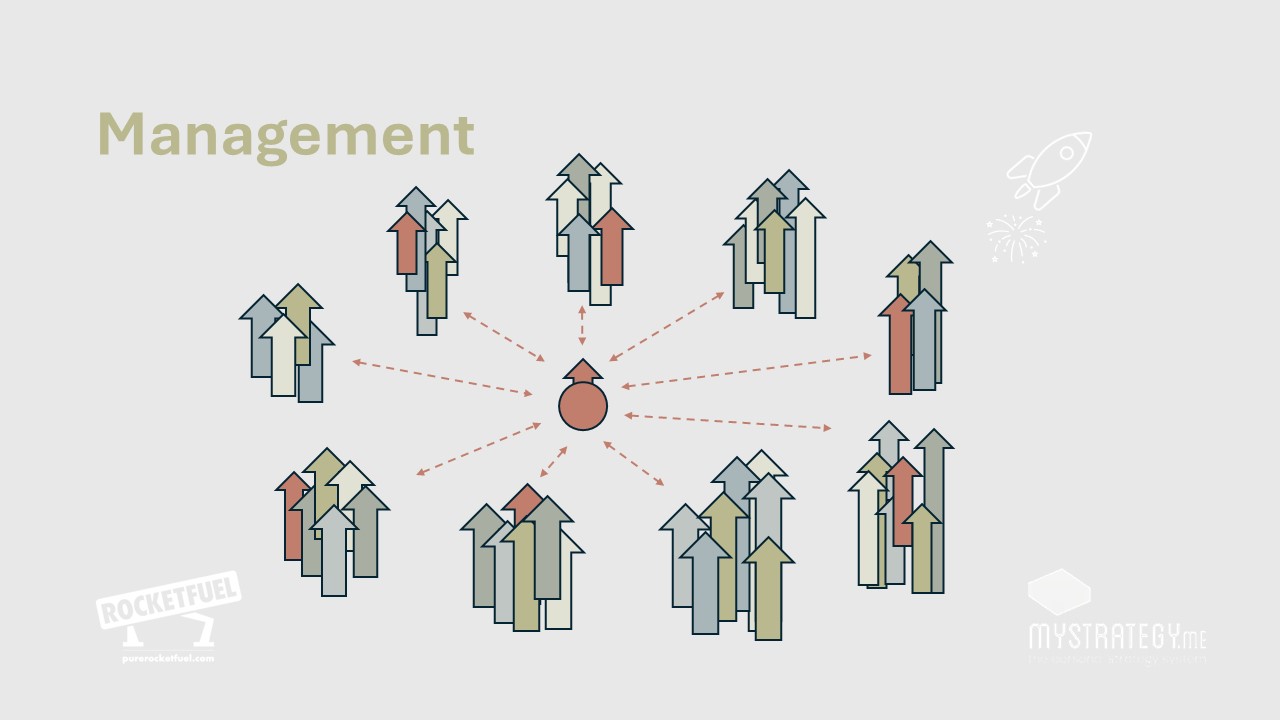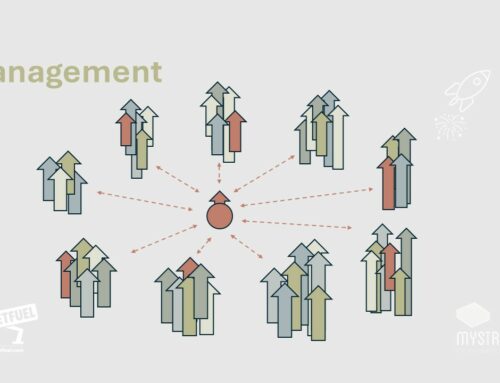
A rather awkward line of professionalism needs to be drawn when it comes to getting that first promotion and managing your friends, says Leadership & Performance Coach, Davina Greene.
Navigating the delicate balance between friendship and authority can be a daunting task, especially when faced with the sudden transition of managing your friends after receiving a promotion. This shift in dynamic can present unique challenges and complexities, requiring a nuanced approach to leadership and interpersonal relationships. In this exploration, let’s delve into the multifaceted nature of this situation, to offer insights and guidance on how to navigate this newfound responsibility with a degree of grace and integrity.
The Tension of Managing Your Friends
First and foremost, it’s essential to acknowledge the inherent tension that arises when assuming a position of authority over friends. What was once a level playing field characterized by camaraderie and mutual respect may now be perceived through the lens of hierarchy and power dynamics, especially if they were also in competition for the same role. This shift in perspective can strain existing friendships and create feelings of resentment or mistrust if not handled with care.
One of the primary challenges of managing friends is establishing clear boundaries and expectations from the outset. While maintaining a friendly and approachable demeanor is important, it’s equally vital to assert your authority and communicate your role as a leader. This may involve setting aside personal relationships in favor of professional responsibilities, and will almost certainly involve making difficult decisions and the initial awkwardness of holding friends accountable for their performance.
Effective communication is key to navigating this delicate balance. Open and honest dialogue can help clarify expectations, address potential conflicts, and maintain mutual respect between colleagues. It’s important to foster an environment where friends feel comfortable expressing their concerns and opinions, while also recognizing the need for professionalism and accountability in the workplace.
Another challenge of managing friends is navigating the potential for favoritism or perceived bias. It’s natural to feel a sense of loyalty or kinship towards friends, but it’s essential to remain impartial and fair in your decision-making. This may require making tough choices that prioritize the needs of the team or organization above personal relationships, even if it means disappointing friends in the short term.
I often speak to teams about the idea, from transactional analysis, of Parent-, Adult-, and Child-type behaviors and ego states. When it comes to friends managing friends, for all the promises of support and the “Well done, you deserved it” statements, in most cases the promoted person has encountered difficulty in bringing Adulthood back into the group whilst several of their friends fell into Child-like behaviors, rebelling and stropping like a candy bar had been taken away from them.
Some of this behavior is intentionally negative, for their amusement and to give them back some feeling of power – and wildly unhelpful for someone trying to navigate Management for the first time, of course (as they well know). However, some of it can be an innocent assumption that they’ll hear more company gossip from you now, now that you’re in the “inner circle”, and a consequent sense of shock when you try to speak of confidentiality and professionalism and an inability to share details of all the Management discussions. For your own safety, you must stick to that line, absolutely. If they cannot see that point, then use that as additional comfort that the right person got the job.
The Steps To Managing Your Friends
Above all, in your capacity as a representative of the Management Team, you must be the Adult in all situations, to continue on the above wording. To fall into Childish behavior, perhaps by snapping back at them or instantly running to a Parent (your manager) to help solve the problem, won’t make you feel good about your managerial ‘first impression’ and will indeed make your hirers question their own beliefs about what you will and will not be able to cope with as a manager.
Worth mentioning is that your own self-knowledge will have to come into play here, in terms of your social behaviors. Are you the type of person who gets a bit loose-lipped after a drink or two? Are you the type of person who naturally loves to share a bit of gossip – does it make you brim with pride and excitement that you know something that everyone else doesn’t know, and are you generally bursting at the seams to share the knowledge with the less-informed? If yes, you’ll need to think about that. How are you going to avoid accidentally telling your friends about the personal illness of a colleague/potential takeover of the company/imminent reduction of the workforce in a moment of over-sharing? Think about it, because such an error could be detrimental to your position in that company, or any other.
Building trust and credibility as a leader is crucial to overcoming any day-to-day challenges. Leading by example, demonstrating competence, and treating all team members with fairness and respect can help alleviate concerns about favoritism and instill confidence in your leadership abilities. Additionally, seeking feedback and input from colleagues, including friends, can foster a sense of inclusivity and collaboration that strengthens team dynamics.
By promptly demonstrating an ability to teach and coach, you can quickly demonstrate where you have value beyond what they, perhaps, could offer the company at this moment: there are lots of possibilities for learning within the field of management, not many of which have been mastered entirely by most people, so you can provide real educational value – whilst proving a point – by promptly turning your attention to such a learning-oriented approach.
Managing friends also requires a heightened level of emotional intelligence and empathy. Recognizing the impact of your actions and decisions on others, particularly those with whom you share personal connections, is essential for maintaining positive relationships and fostering a supportive work environment. This will involve actively listening to concerns, offering guidance and support, and being sensitive to the individual needs and preferences of team members. That said, all of this is part of normal management, so isn’t really telling us anything new.
Finally, it’s important to recognize that managing friends is a learning process that requires ongoing reflection and adaptation. As you navigate the complexities of leadership, be open to feedback, willing to learn from your experiences, and committed to continually improving your skills as a manager and colleague. Remember that leadership is not about exerting control or authority over others but rather empowering and inspiring them to achieve their full potential.
However, as a representative of the Management Team, you are going to have to manage the situation if all of your great listening, teamwork, 2-way conversations and behavioral flexibility through the various management styles is not stopping those team members from rebelling against you at every turn. Then, friend or otherwise (probably not, by this stage, I would hazard a guess…), normal disciplinary processes will need to apply. And that’s on you.
In conclusion, managing your friends after receiving a promotion presents a unique set of challenges that require a thoughtful and nuanced approach. By establishing clear boundaries, communicating effectively, remaining impartial, and demonstrating empathy and emotional intelligence, you can navigate this transition with grace and integrity. Ultimately, by prioritizing professionalism, fairness, and respect, you can foster positive relationships, build trust, and lead your team to success, all while maintaining the bonds of friendship that brought you together in the first place.
Interested in investing in your own personal – and personal strategy – development? Check out www.MyStrategy.me!
Share This!
About the Author



